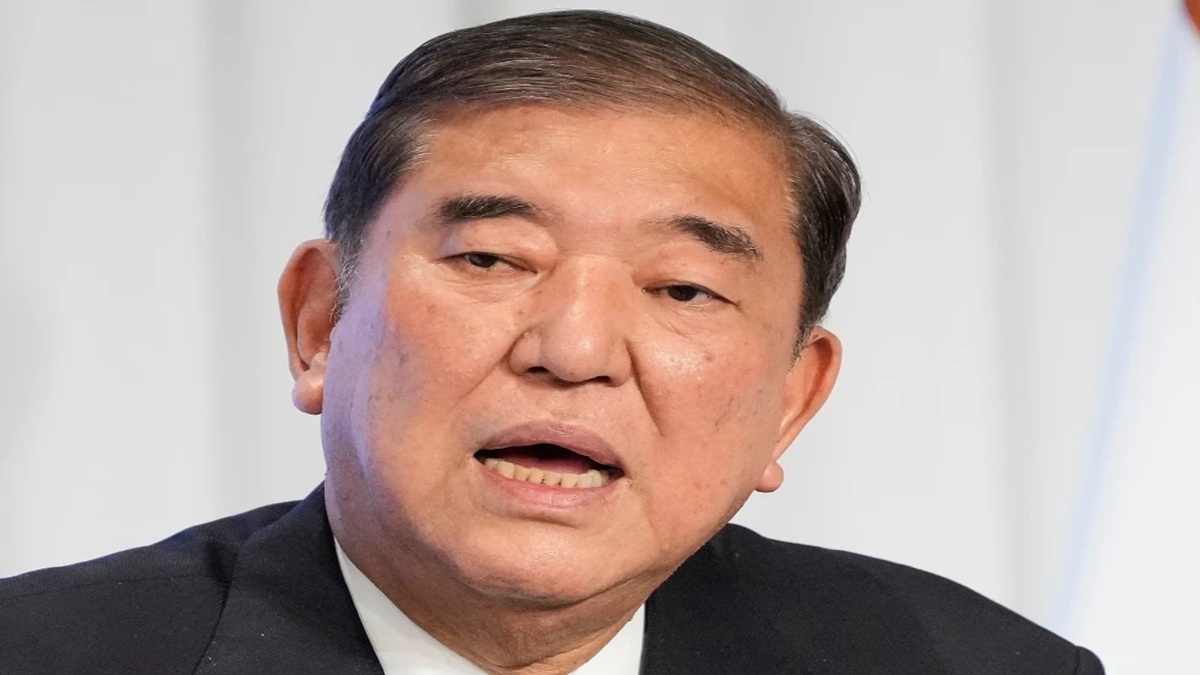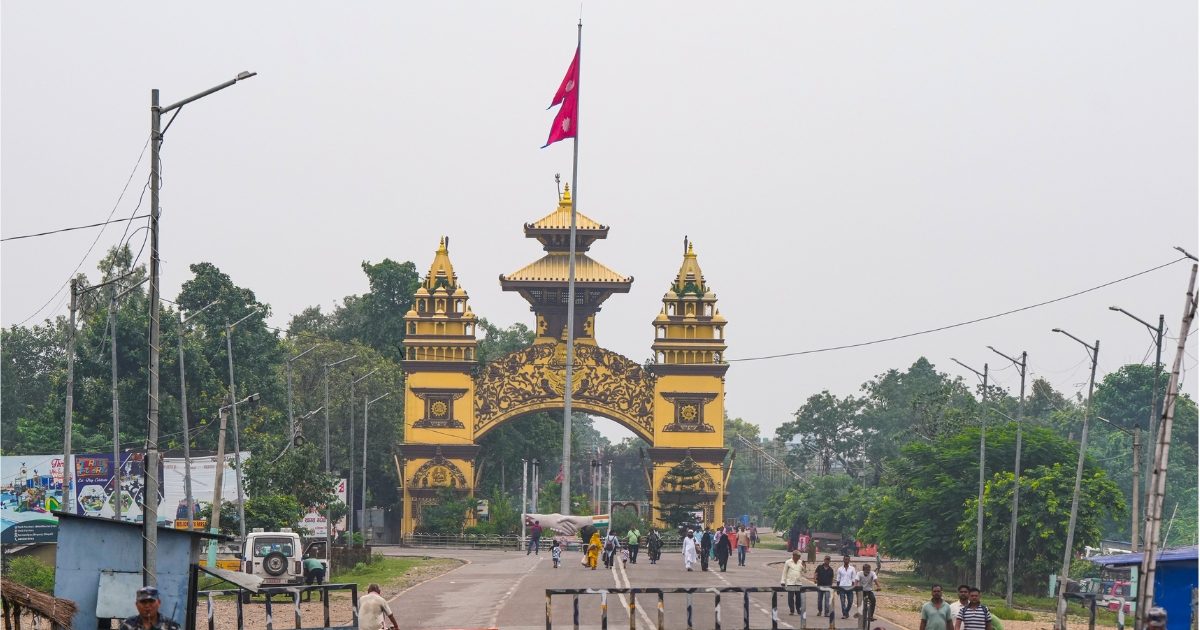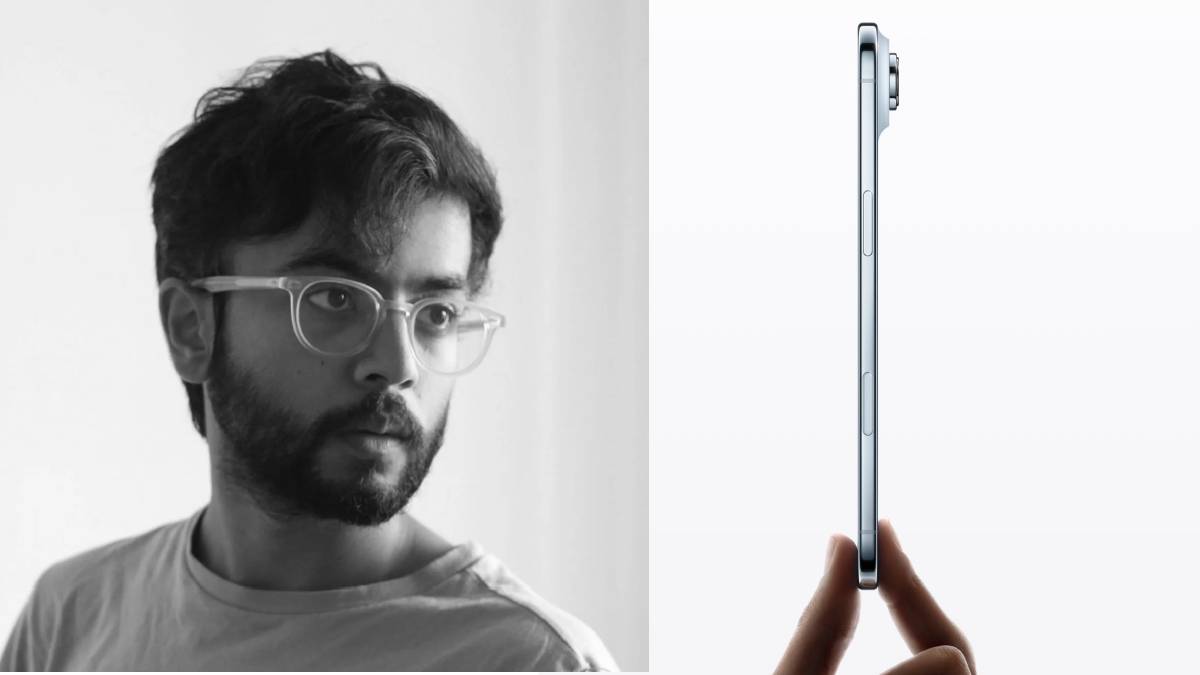Japan’s Prime Minister Shigeru Ishiba is stepping down following a significant loss in the July parliamentary elections, Japanese television reported. His resignation reportedly comes after mounting pressure within his own party.
Japanese Prime Minister Shigeru Ishiba confirmed his decision to step down on Sunday, a move aimed at preventing a split within the ruling Liberal Democratic Party (LDP).The resignation follows a significant loss for the LDP and its coalition partner Komeito in the July parliamentary elections.
“I have decided to resign from the position of president of the Liberal Democratic Party,” he said at a press conference.
Election defeat
Ishiba’s resignation comes after the LDP suffered a significant blow in the July elections. The ruling coalition, led by Ishiba’s LDP, lost its majority in both the Lower House and the Upper House of the Diet. LDP failed to secure a majority in the 248-seat upper house.
As public dissatisfaction with the government grew, Ishiba faced mounting calls from within his party to take responsibility for the electoral defeat. Although he resisted pressure from right-wing factions within the LDP for over a month, the party’s internal divisions over his leadership continued to intensify, ultimately leading to his decision to resign.
LDP to decide on early leadership election
Ishiba’s resignation comes just a day before the LDP is set to decide whether to hold an early leadership election, a move that would have served as a de facto no-confidence motion against the Prime Minister if approved.
Former Health Minister Norihisa Tamura told an NHK talk show earlier Sunday that the best way to stop the party divide and move forward is for Ishiba “to settle” the dispute before Monday’s vote, urging his resignation. The party has already been distracted from necessary work on economic measures and on figuring out ways to gain opposition support in the next parliamentary session, Tamura said.
Notably, Ishiba also successfully got U.S. President Donald Trump to lower the tariff rates the US administration imposed on Japan from 25% to 15%. Ishiba also said he has had his chief trade negotiator, Ryosei Akazawa, deliver his letter to Trump, stating his wish to work with him to create “the golden era” of the Japan-U.S. alliance, inviting the American leader to visit Japan.
Ishiba’s top aide, LDP Secretary General Hiroshi Moriyama, a key figure who negotiated with main opposition leaders to help achieve legislation since the prime minister took office, has also expressed his intention to step down on Sept. 2 over the election loss, though Ishiba hasn’t granted him resignation. Moriyama’s departure would have dealt a blow to the prime minister.
With inputs from AP































Leave a Reply